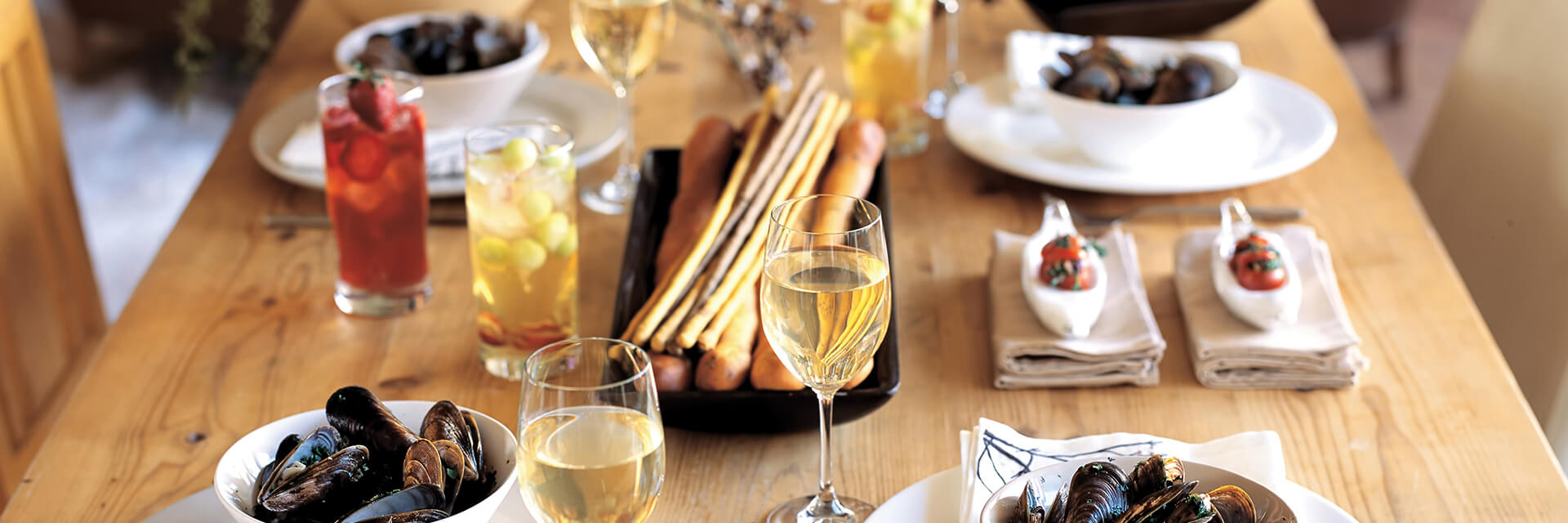
IRS Provides Added Clarity on the Deductibility of Business Meals
- Published
- Oct 15, 2018
- Topics
- Share
One of the many tax law changes made by the Tax Cuts and Jobs Act (“TCJA”) was the general elimination of the deduction for entertainment, amusement or recreation expenses. The TCJA did not specifically address the circumstances in which the providing of food and beverages might constitute “entertainment” for this purpose. However, the legislative history of the TCJA does say that taxpayers generally may continue to deduct 50% of the food and beverage expenses associated with operating their trade or business.
With Notice 2018-76, the Treasury Department and the IRS announced their intention to publish proposed regulations under IRC Sec. 274 (“Disallowance of Certain Entertainment, Etc., Expenses”), which will include guidance on the deductibility of expenses for certain business meals. Specifically, proposed regulations will clarify when business meal expenses are nondeductible entertainment expenses and when they are 50% deductible expenses. Until the proposed regulations are effective, taxpayers will be able to rely on the following:
Taxpayers may deduct 50% of an otherwise allowable business meal expense if –
- The expense is an ordinary and necessary business expense (IRC Sec. 162(a)) paid or incurred during the taxable year in carrying on any trade or business;
- The expense is not lavish or extravagant under the circumstances;
- The taxpayer, or an employee of the taxpayer, is present at the furnishing of the food or beverages;
- The food and beverages are provided to a current or potential business customer, client, consultant or similar business contact; and
- In the case of food and beverages provided during or at an entertainment activity, the food and beverages are purchased separately from the cost of the entertainment, or the cost of the food and beverages is stated separately from the cost of the entertainment on one or more bills, invoices, or receipts. The entertainment disallowance rule cannot be circumvented through inflating the amount charged for food and beverages.
The Notice contains three illustrative examples. The examples assume that the food and beverage expenses are “ordinary and necessary,” paid or incurred during the taxable year in carrying on a trade or business and are not lavish or extravagant under the circumstances. They also assume that the taxpayer and the business contact are not engaged in a trade or business that has any relation to the entertainment activity.
Example 1
Taxpayer A invites B, a business contact, to a baseball game. A purchases tickets for A and B to attend the game. While at the game, A buys hot dogs and drinks for A and B. The baseball game is “entertainment,” as defined in the Income Tax Regulations, and, thus, the cost of the game tickets is an entertainment expense and is not deductible by A. The cost of the hot dogs and drinks, which are purchased separately from the game tickets, is not an entertainment expense and is not subject to disallowance under IRC Sec. 274. Therefore, A may deduct 50% of the expenses associated with the hot dogs and drinks purchased at the game.
Example 2
Taxpayer C invites D, a business contact, to a basketball game. C purchases tickets for C and D to attend the game in a suite, where they have access to food and beverages. The cost of the basketball game tickets, as stated on the invoice, includes food and beverages. The basketball game is an entertainment expense and therefore non-deductible. The cost of the food and beverages, which are not purchased separately from the game tickets, is not separately stated on the invoice. Thus, the cost of the food and beverages is also treated as an entertainment expense. Therefore, C may not deduct any of the expenses associated with the basketball game.
Example 3
Assume the same facts as in Example 2, except that the invoice for the basketball game tickets separately states the cost of the food and beverages. In this case, the cost of the game tickets, other than the cost of the food and beverages, is an entertainment expense, and is not deductible by C. However, the cost of the food and beverages, which is stated separately on the invoice for the game tickets, is not an entertainment expense and therefore C may deduct 50% of the expenses associated with the food and beverages provided at the game.
****
The Treasury Department and IRS will also issue separate guidance addressing the treatment of expenses for food and beverage furnished primarily to employees on the employer’s business premises.
Contact EisnerAmper
If you have any questions, we'd like to hear from you.
Receive the latest business insights, analysis, and perspectives from EisnerAmper professionals.











